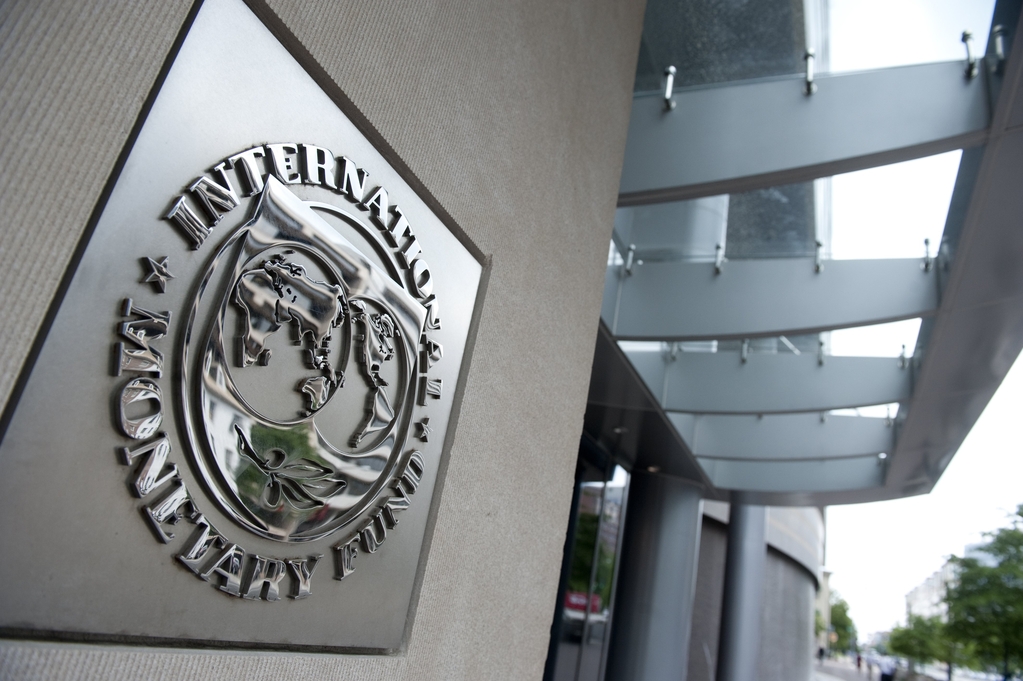Egypt’s Minister of Planning, Economic Development, and International Cooperation Rania Al-Mashat has called for a fundamental restructuring of the global financial system, arguing that current structures are insufficient to address the mounting debt challenges and climate crisis facing developing nations.
Speaking at the “International Financial Architecture for the 21st Century” session during the 79th session of the United Nations General Assembly and the “Summit of the Future” in New York, Al-Mashat said reforming the international financial structure is “a necessity for achieving climate and development agendas.”
“The financing tools available to multilateral development banks today must be utilised in a way that achieves both climate and development agendas simultaneously,” she said.
Al-Mashat emphasised the need for greater representation of developing and least developed countries in international institutions and multilateral banks to better reflect their unique needs and support their development efforts.
She also stressed the importance of collaboration among institutions to address the needs of emerging markets and bridge developmental gaps.
“Geopolitical challenges often hinder developing countries from obtaining much-needed financing, even when following the correct channels and procedures,” Al-Mashat said, noting that private sector investments can also be impeded by political considerations.
Regarding the mounting debt burdens facing many developing countries, Al-Mashat underscored the need for additional financing and a mix of public and private investments to drive transformation.
“In some cases, more than 60% of GDP is allocated to debt servicing,” she said, calling for practical solutions and coordinated efforts to address these challenges effectively.
Former US Secretary of State and US Climate Envoy John Kerry echoed Al-Mashat’s concerns about the global response to climate change, stating that the international community’s failure to commit to climate action negatively impacts all aspects of life on Earth.
“We are talking about the future; there can be no conversation about the future without providing the necessary investments to achieve a sustainable transition, mobilising between $2.5 to $5 trillion annually to eliminate emissions by 2030,” Kerry said, urging developed countries to increase their international contributions towards climate action and reduce reliance on projects that increase emissions.
Kerry highlighted the “NWFE” program in Egypt, which he called a model for initiatives that countries can adopt to mobilise climate investments and transition to a green economy.
“This program aims to close 12 conventional energy stations with a capacity of 5 gigawatts while launching renewable energy projects with a capacity of 10 gigawatts, thus enhancing the position of clean energy in Egypt and enabling it to export to neighbouring countries,” Kerry said.
UNDP Administrator Achim Steiner also criticised the current financial system, calling it “inconceivable” for a system that has operated for 80 years to function effectively in today’s context. He echoed the need for reforming the infrastructure of the international financial system to overcome its inherent contradictions.
Mary Robinson, former President of Ireland, pointed to the lack of investment in Africa’s energy transformation, noting that 90% of energy investments in the past four years have gone to China and developed countries.
José Antonio Ocampo, former Minister of Finance of Colombia, highlighted the debt crisis affecting many countries, particularly in sub-Saharan Africa, which requires international cooperation to address. He stressed the importance of increasing development financing.
Addressing Debt Challenges
Al-Mashat also participated in a discussion titled “Addressing Debt Challenges for Sustainable Development,” during which she addressed the sharp rise in debt levels in developing countries, coupled with increasing debt servicing and refinancing costs. These factors, she noted, reduce the fiscal space for implementing sustainable development goals.
“Recent global challenges have threatened national systems’ ability to achieve sustainable development goals,” Al-Mashat said. “These challenges and international conflicts have repercussions on emerging economies that extend well beyond the conflict areas.”
She also highlighted the importance of multilateral solutions to address the debt crisis, including the G20 Common Framework for Debt Treatment, which aims to bring together all major creditors, including non-traditional lenders like China and India, as well as private sector participants.
“Financial stability through liquidity provision is crucial,” she said. “The allocation of Special Drawing Rights from the International Monetary Fund can support immediate liquidity for countries without adding debt burdens.”
Al-Mashat also emphasised the importance of long-term debt sustainability, noting that multilateral initiatives like the Heavily Indebted Poor Countries (HIPC) Initiative, the Multilateral Debt Relief Initiative (MDRI), and the G20 Debt Service Suspension Initiative provide targeted debt relief for eligible countries, freeing up resources for development.




